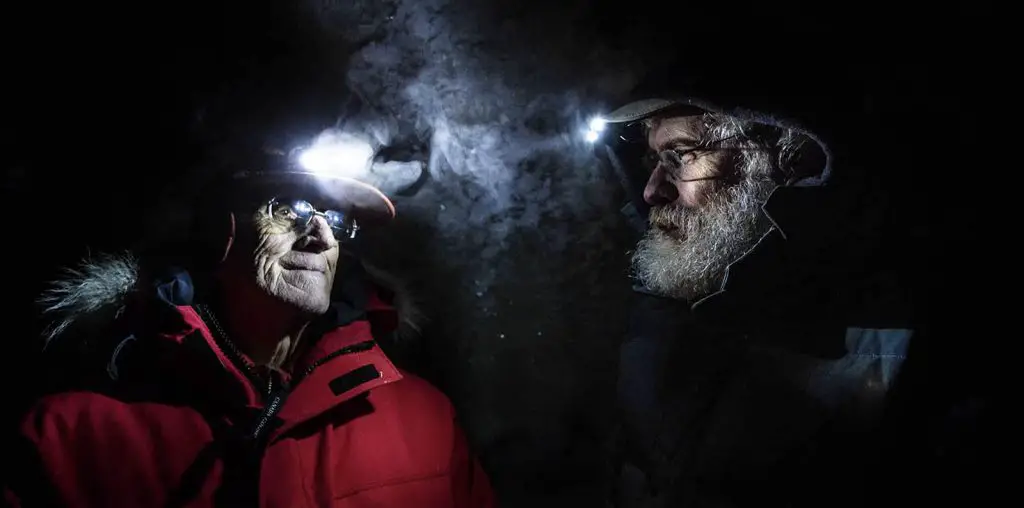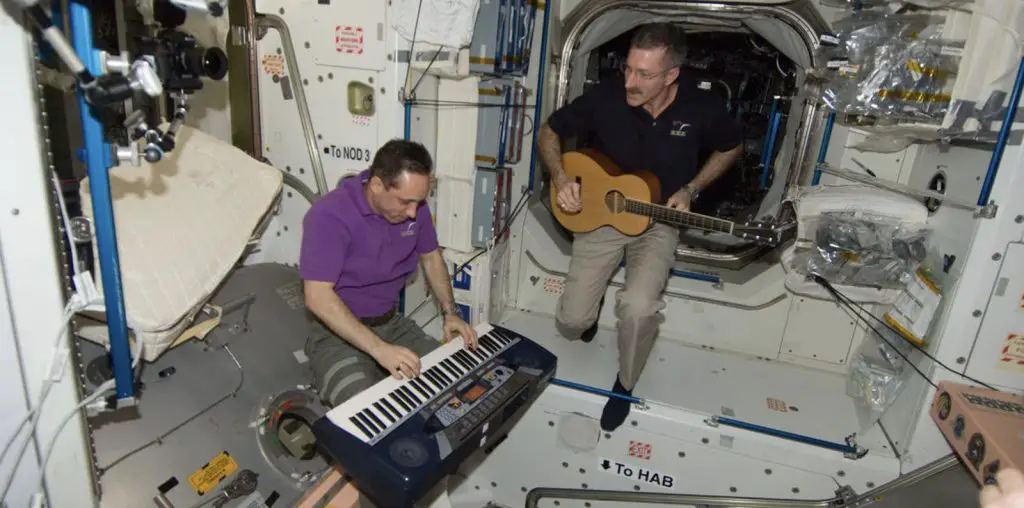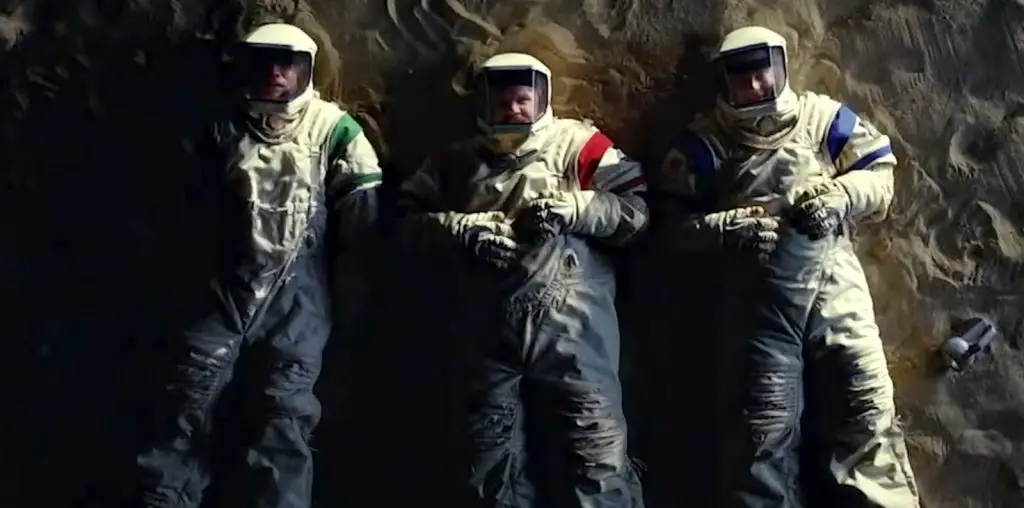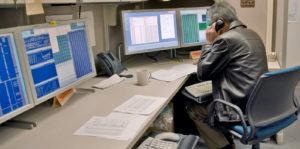
NOW IN THEATERS AND ON VOD! I’ve been fascinated with NASA and the space program for as long as I can remember. Technology has rapidly changed the way we approach space exploration today. Most of us don’t realize that there is still a program that started in the 1970s that is still active today. For how much longer, though? This is the subject of Billy Miossi’s documentary, It’s Quieter in the Twilight, which is about the Earth’s oldest space exploration program, the Voyager Space Probes.
Most of us know the Voyager 1 and 2 satellites from Star Trek: The Motion Picture. But the Voyager team was presented with a critical mission and opportunity in the early 70s. Every 170 years, Jupiter, Saturn, Uranus, and Neptune align on the same side of the sun. In 1977, Voyager 1 was sent to fly by Saturn, Jupiter, and Jupiter’s moon, Titan. Launched just weeks prior, Voyager 2 would be sent to Uranus and Neptune. By 1989, both satellites completed their mission of bringing back invaluable up-close data regarding these planets. Since there’s already out there, the two satellites were then sent beyond our solar system to boldly go where no man thought conceivable. As of filming, both satellites are still in operation, with their most recent exploration being of the heliopause, that imaginary boundary just out of our sun’s reach.
It’s Quieter in the Twilight opens in a nondescript office park. The employees describe it as just across the street from JPL next to McDonald’s. A skeleton crew of scientists and engineers runs the Voyager program in these offices. The team is a mix of people who were there at Voyager’s launch and those who weren’t born when the satellites launched almost fifty years ago. We are then dutifully taken through the history and discoveries of Voyager, along with the unique personalities of the diverse crew still involved with the program.
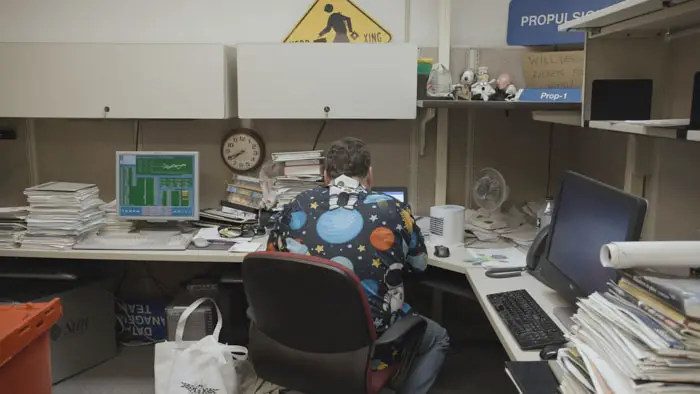
“…the two satellites were then sent beyond our solar system to boldly go where no man thought conceivable.”
The documentary exists because we are soon approaching the end of the Voyager mission, as the systems that power the satellite can’t go on forever. So much of managing the satellites today involves tinkering with the systems to prolong their functionality. Another reason documentarian Miossi is there with his camera is because there’s about to be a months-long maintenance of the satellite dish in Australia that enables the team to send information to the Voyager satellites.
This means the satellites will need to function without any commands for almost a year. The team needs to program and calibrate both satellites to go on autopilot with zero opportunity to respond to any problem that might occur in that time. The concern is giving power to the right instruments and providing the precise amount of heat to keep them from freezing or burning up. Initially, it was expected that the program could survive to 2030, but could this shutdown be the end of the program? For many on the team, these satellites are virtually family members.
If you love all things space, It’s Quieter in the Twilight is must-see viewing. A lot of technical information is unloaded upon the audience, but Miossi lays it out in digestible chunks. He also captures the right amount of nostalgia for the space program during the 70s when the exploration of our solar system in great detail was now possible. But just the fact that there is a link to our past that still exists today blows my mind. The office park where the program is located feels like a time capsule of NASA from long ago. Science, nostalgia, and a bit of drama. What more could you ask for in a documentary?
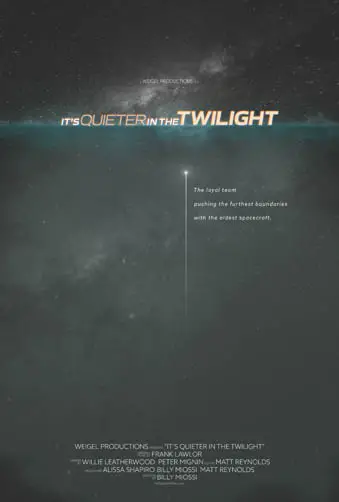
"…if you love all things space, It's Quieter in the Twilight is must-see viewing."
